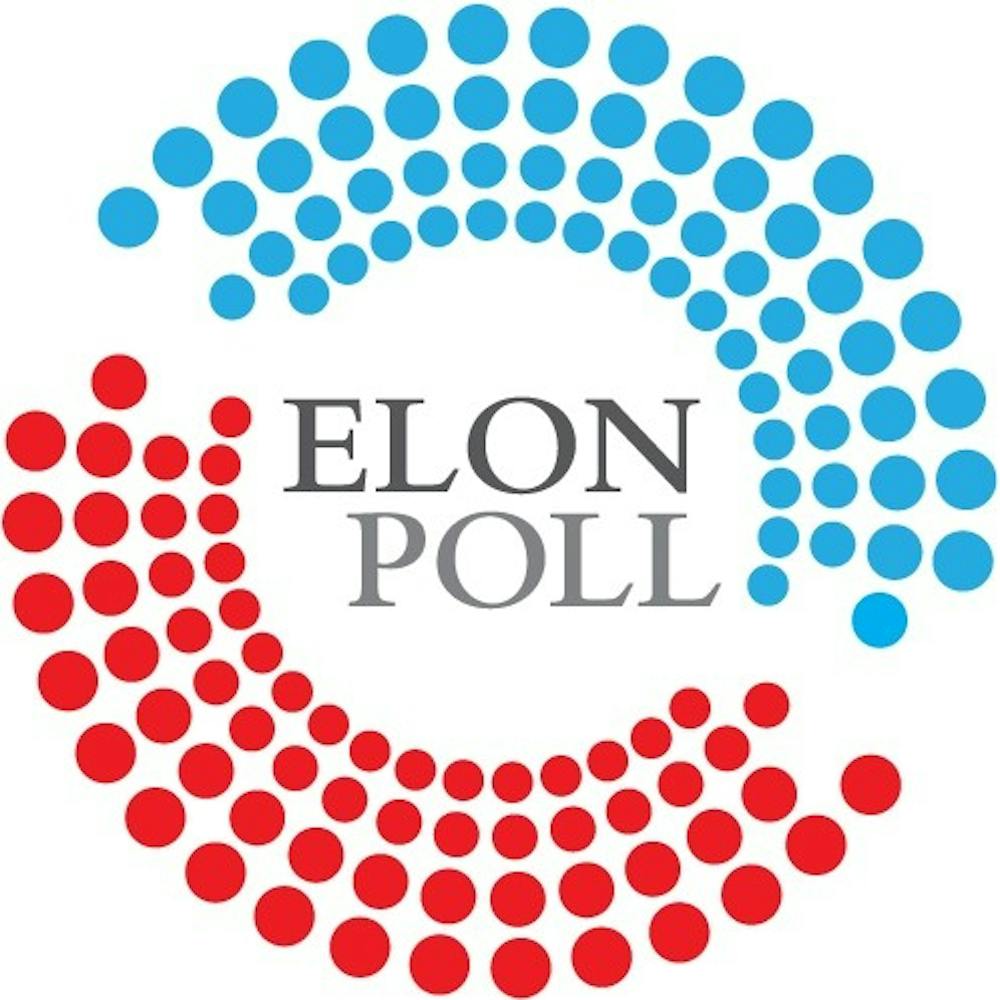The Elon University Poll released results from its latest survey Tuesday afternoon, revealing a 6 percent lead for Roy Cooper against incumbent North Carolina Gov. Pat McCrory.
Kenneth Fernandez, assistant professor of political science and policy studies and director of the Elon Poll, said the passage of House Bill 2 might have played a factor in Cooper's 48 percent to 42 lead in the gubernatorial race.
“A lot of people will think that any lead or increased lead that Cooper has over the incumbent governor would be possibly attributed to HB2," Fernandez said. "As a political scientist, we would actually have to run a lot more statistical analysis and more data, but I think it is an interesting finding.”
Though Cooper is polling favorably to McCrory, the North Carolina remains largely divided on HB2 — a bill passed by the state legislature March 23 that, among many things, requires people to use restrooms of the sex on their birth certificate. Since its passage, the bill has sparked increased discussion about LGBTQIA discrimination within and beyond the Elon community.
In February, the city of Charlotte passed an ordinance allowing transgender individuals to use public facilities, such as bathrooms, that best match their gender identity. The state then passed HB2 to prohibit such local ordinances.
More than 49 percent of respondents said the state should ban such ordinances while 39 percent said cities should be allowed to adopt policies. Eleven percent said they did not know.
At a surface level, such responses might suggest large public support for the bill. But in another question, which asked whether or not states should have the power to require all cities have the same minimum wage, 50 percent of respondents said cities should be able to raise the minimum wage while just 43.5 percent said states should have the authority to require cities have the same minimum wage.
Fernandez said these results reflect an inconsistency in public opinion.
"Human beings, including myself, tend to not always be consistent," he said. "We want local autonomy until something happens that we don’t approve of, and then we might want state or federal intervention."
In the senatorial race, the Elon Poll found incumbent Sen. Richard Burr (R-N.C.) ahead of Democratic challenger Deborah Ross 37 percent to 33 percent. About 30 percent of those surveyed said they were undecided or would likely vote for someone else.
The survey also provided insights on the 2016 presidential election. Results from several hypothetical matchups showed that Democratic front-runner Hillary Clinton would likely defeat Republican front-runner Donald Trump 45 percent to 39 percent but would lose against Sen. Ted Cruz (R-Texas) by 3 percent.
Sen. Bernie Sanders (I-Vt.) toppled both Trump and Cruz. Elon Poll results found Sanders defeating Trump 51 percent to 38 percent and Cruz 49 percent to 39 percent.
Regardless of the head-to-head matchups, Clinton remains more likely to secure the Democratic Party nomination, according to Fernandez.
"It seems like she’s still likely to win the nomination, but people are not necessarily enthralled with her," Fernandez said. "That’s why you see him in these head-to-heads Bernie Sanders doing a little bit better.”


